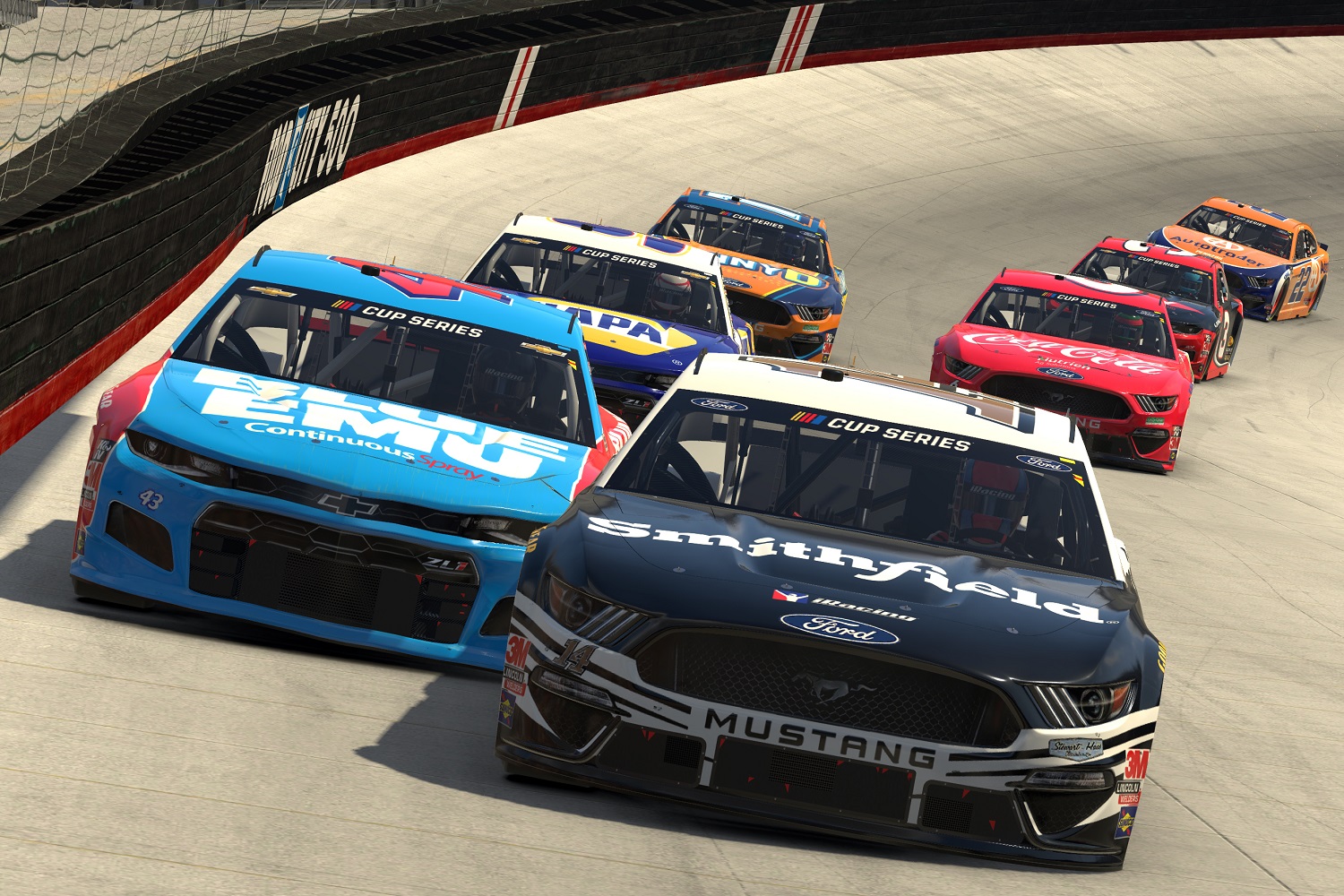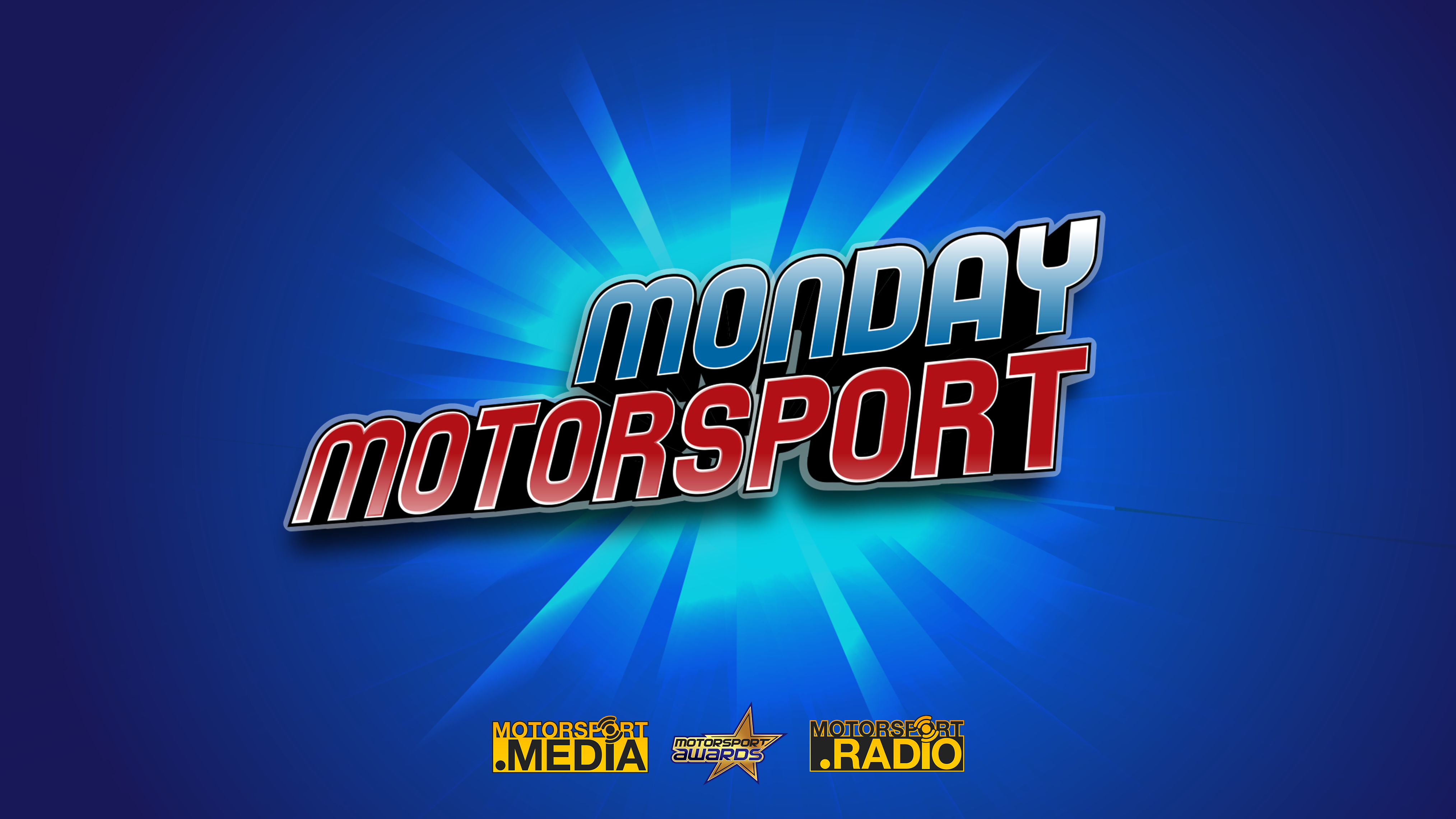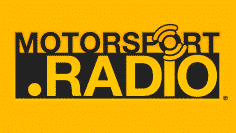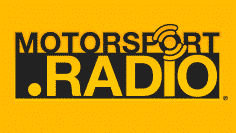With coronavirus impacting motorsport world wide, more and more professional racing drivers are turning to virtual motorsport. And, more and more, they are seeing the real world impact of their online actions.
The link between online and offline racing isn’t unique to this new isolation era. A number of prominent eSport racers began their careers on real life race tracks, and some – such as Toyota Racing Series champion Igor Fraga – balance “IRL” and virtual racing simultaneously.
However, these drivers tend to be early in their careers and don’t have the following or commercial partners of the high profile drivers we’re seeing turning to eSports today.
Additionally, the younger, more social media savvy driers also tend to be more aware of how their online activities may impact their future career. These are drivers who have grown up using social media to promote themselves since they started karting.
As drivers with less experience with this style of media promotion and a larger following begin to take on virtual tracks, it was inevitable something like NASCAR’s Bubba Wallace and Kyle Larson incidents would happen.
Wallace’s rage-quitting incident, while still inexcusable, is definitely the more understandable of the two. The 26-year-old quit the 150 lap eNASCAR race at the Bristol Motor Speedway after three incidents in 12 laps.
While a heat of the moment decision to leave the invitation only event may have been forgiven, his reaction to fan outrage wasn’t.
“I ruined so many people’s day by quitting… a video game… Bahaha.
“A video game. Damn, quarantine life is rough.”
It’s just one example of racing drivers not appreciating the skill and talent eSports involves, and how big an industry online racing is.
While Wallace may not appreciate the interest in eSports, he should understand the consequences of walking out on a promotional event. If a driver were to walk out on a sponsor event or TV segment because they couldn’t play a game, they would expect backlash. Which begs the question why didn’t Wallace expect backlash here?
It’s unsurprising that Blue Emu, a pain-relief brand that sponsored Wallace in the event, was disappointed. The brand responded to Wallace’s comments with the tweet “[Good to know] where you stand. Bye bye Bubba. We’re interested in drivers, no quitters.”
The brand has been involved with Wallace’s NASCAR team, Richard Petty Motorsport, since 2005. It’s not yet clear how this will impact his status when NASCAR returns post-pandemic.

Less understandable, and even more inexcusable, was Kyle Larson’s incident, where he addressed his spotter with a racial slur during an iRacing event.
Larson lost communication with his spotter during a pre-race practice session. What followed was a mic check which included the n-word.
The six-time Cup Series race winner was streaming on his own Twitch channel, and the comment was inevitably picked up.
Of course, he has been suspended by NASCAR and Chevrolet, and will need to attend “sensitivity training”.
Larson issued an apology, but it’s unlikely this will be brushed away.
Both incidents should serve as a reminder to drivers that they still represent their team, sponsors, and sport while competing in eSport events. Just as there would be consequences if a Formula 1 driver were to walk out of the pre-Monaco Grand Prix charity football match, there are consequences for unsportsman like actions in virtual racing.
Will this put off big name drivers participating? It shouldn’t.
Some will think of these events as a competition and take them seriously. Racing drivers are some of the most competitive people, after all. Others see them more as publicity events to keep people talking during lockdowns. Professional drivers have experience in both circumstances already, and know how to behave. It may just take some getting used to for a few drivers to think of video gaming as being in the public eye.



![Private: [ID: 71rYi-xncgM] Youtube Automatic](https://motorradio-xijqc.projectbeta.co.uk/wp-content/uploads/2024/08/private-id-71ryi-xncgm-youtube-a-1-360x203.jpg)
![Private: [ID: 1SfHxvC8Doo] Youtube Automatic](https://motorradio-xijqc.projectbeta.co.uk/wp-content/uploads/2024/07/private-id-1sfhxvc8doo-youtube-a-1.jpg)
![Private: [ID: H6XRkf6kROQ] Youtube Automatic](https://motorradio-xijqc.projectbeta.co.uk/wp-content/uploads/2024/07/private-id-h6xrkf6kroq-youtube-a-1-360x203.jpg)
![Private: [ID: Kb6w-qAmKls] Youtube Automatic](https://motorradio-xijqc.projectbeta.co.uk/wp-content/uploads/2023/12/private-id-kb6w-qamkls-youtube-a-360x203.jpg)
![Private: [ID: CcpwYw20k3k] Youtube Automatic](https://motorradio-xijqc.projectbeta.co.uk/wp-content/uploads/2024/07/private-id-ccpwyw20k3k-youtube-a-360x203.jpg)

![[ID: x1SiRC5jhW4] Youtube Automatic](https://motorradio-xijqc.projectbeta.co.uk/wp-content/uploads/2022/04/id-x1sirc5jhw4-youtube-automatic-360x203.jpg)
![[ID: lMZ8lAeLubk] Youtube Automatic](https://motorradio-xijqc.projectbeta.co.uk/wp-content/uploads/2022/04/id-lmz8laelubk-youtube-automatic-360x203.jpg)
![[ID: GAYCcnqyFo4] Youtube Automatic](https://motorradio-xijqc.projectbeta.co.uk/wp-content/uploads/2022/04/id-gayccnqyfo4-youtube-automatic-360x203.jpg)
![[ID: Gg142H296QY] Youtube Automatic](https://motorradio-xijqc.projectbeta.co.uk/wp-content/uploads/2022/04/id-gg142h296qy-youtube-automatic-360x203.jpg)





